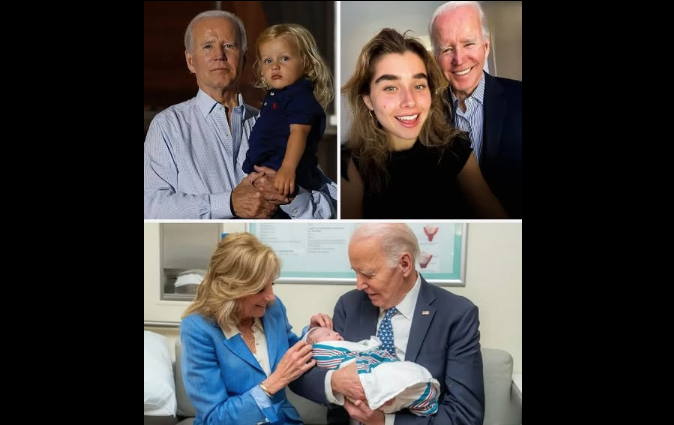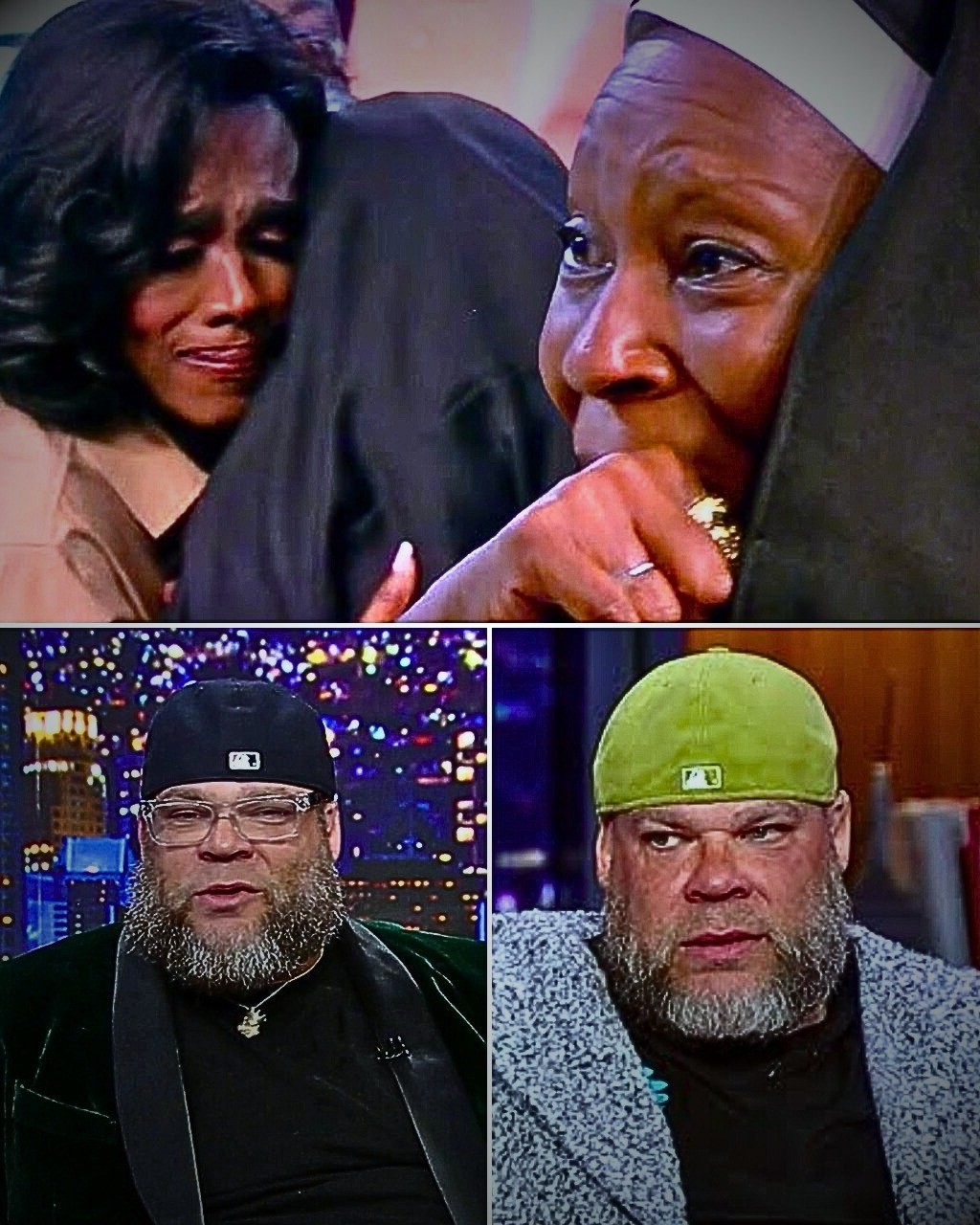Nationwide — In predominantly Black neighborhoods of Washington, D.C., residents report being approached by federal agents connected to President Donald Trump’s recent crime crackdown. These encounters were not for arrests, but rather to deliver warnings. According to multiple accounts, the agents have been advising people to monitor their behavior in public, specifically cautioning against drinking alcohol or smoking on the streets.
Yahoo News reports that these interactions follow Trump’s announcement that the federal government had taken control of the D.C. police department, deploying National Guard troops and federal officers to “restore order” in the nation’s capital. While the president presented this action as a response to rising crime rates, residents in the affected communities describe the agents’ focus on public drinking and smoking as more of an intimidation tactic than a protective measure.
“I was sitting on my front steps with a beer, talking to my cousin, and a guy in plain clothes flashed a badge and told us to ‘be careful’ because they were cracking down,” said Malik Johnson, a 42-year-old resident of Southeast D.C. “He didn’t say it was illegal — just that we should think twice. It felt like they were sending a message.”
Critics argue that this form of street-level “warning patrol” disproportionately targets Black residents and reflects historic patterns of over-policing. Community leaders warn that focusing on minor public behaviors rather than serious criminal activity risks further eroding trust between residents and law enforcement.
Trump has repeatedly cited D.C., along with Chicago, Baltimore, and Oakland, as cities facing severe crime challenges, describing some as “so far gone” that they are barely worth mentioning. His decision to federalize policing in the capital comes in the wake of a recent assault on a former Department of Government Efficiency staffer, which he identified as a tipping point for federal intervention.
Currently, residents in the District’s majority-Black neighborhoods say the presence of these agents — and their quiet but pointed warnings — is heightening tensions in already strained community-police relations. “It’s like they’re watching us, waiting for us to slip up,” Johnson said. “We don’t need warnings. We need respect.”



